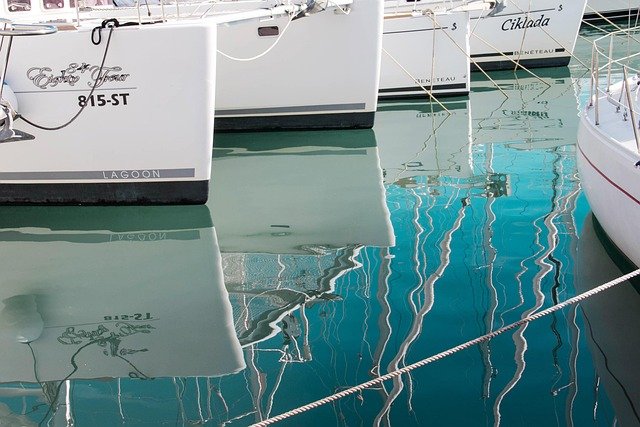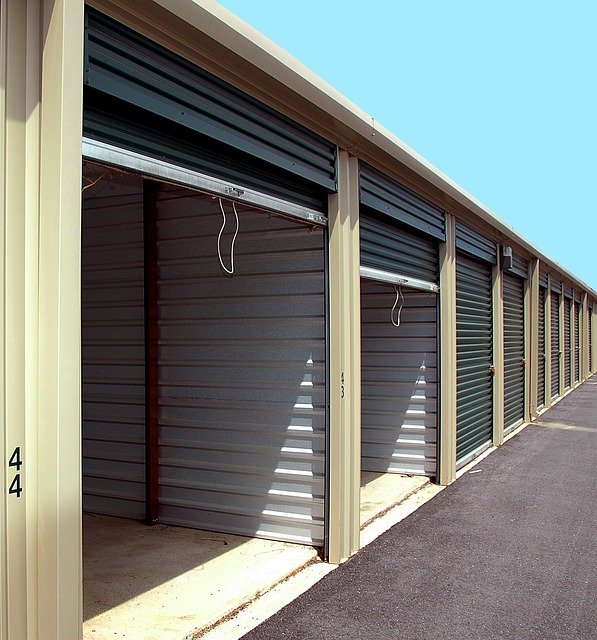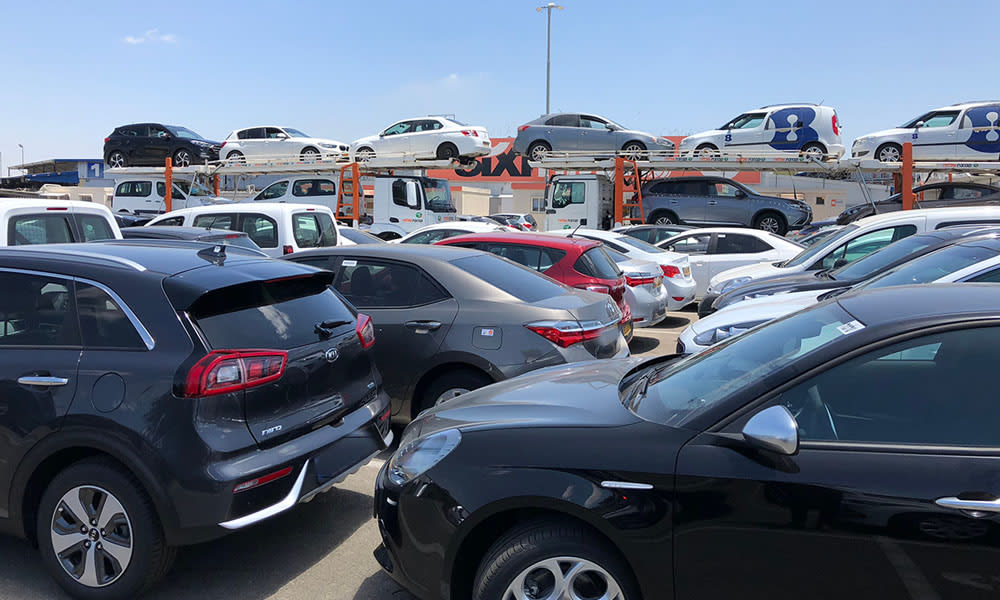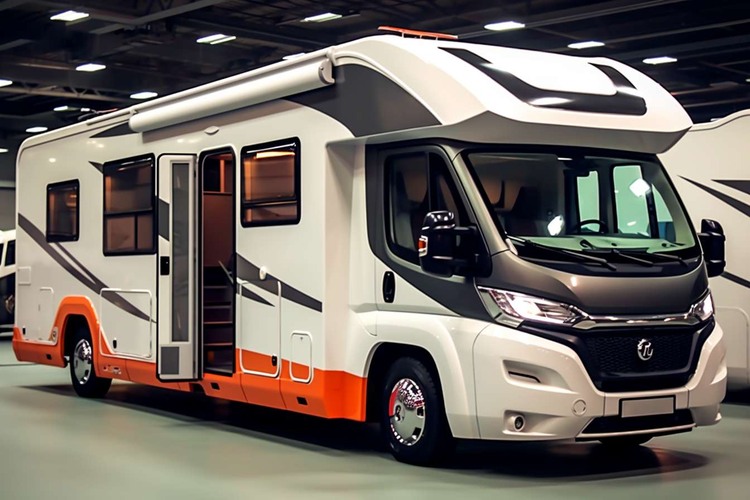Boats for Sale: A Comprehensive Guide to Buying Watercraft
Purchasing a boat can be an exciting yet complex process. This article explores the key aspects of buying boats, from understanding different types to considering important factors before making a decision. The boating market offers a wide variety of vessels to suit different needs and preferences. Some common types include:

-
Motor boats: ranging from small dinghies to large yachts
-
Sailboats: from day sailors to ocean-going vessels
-
Fishing boats: designed for angling in various waters
-
Pontoon boats: ideal for leisurely cruising on calm waters
-
Speed boats: built for water sports and thrilling experiences
-
Houseboats: floating homes for extended stays on water
Each type serves a specific purpose and offers unique features, so it’s essential to consider your intended use when browsing boats for sale.
What Should You Consider When Buying a Boat?
Before purchasing a boat, several factors warrant careful consideration:
-
Budget: Determine how much you can afford, including ongoing costs
-
Intended use: Think about how and where you’ll use the boat most often
-
Size and capacity: Consider the number of passengers and storage needs
-
New vs used: Weigh the pros and cons of buying new or pre-owned
-
Maintenance requirements: Understand the upkeep involved for different boat types
-
Storage and transportation: Plan for where you’ll keep the boat and how you’ll move it
Taking these factors into account will help you make an informed decision and find a boat that best suits your needs and lifestyle.
Where Can You Find Boats for Sale?
There are numerous channels for finding boats on the market:
-
Boat dealerships: Offer new and used boats with professional guidance
-
Online marketplaces: Websites like Boat Trader and YachtWorld list various vessels
-
Boat shows: Provide opportunities to view multiple boats and compare options
-
Marinas and yacht clubs: May have bulletin boards or know of local sales
-
Classified ads: Local newspapers and online classifieds can list boat sales
-
Auctions: Both in-person and online auctions can offer good deals
Exploring multiple sources can help you find the best options and potentially better prices.
What Are the Costs Associated with Boat Ownership?
Owning a boat involves more than just the initial purchase price. Here’s a breakdown of potential costs:
-
Purchase price: Varies greatly depending on type, size, and condition
-
Insurance: Protects your investment and covers liability
-
Mooring or storage fees: Costs for keeping your boat when not in use
-
Maintenance and repairs: Regular upkeep and unexpected fixes
-
Fuel: Ongoing expense for motorized boats
-
Equipment and accessories: Safety gear, navigation tools, etc.
-
Licensing and registration: Required fees vary by location
| Cost Category | Estimated Annual Range |
|---|---|
| Insurance | £500 - £5,000+ |
| Mooring/Storage | £1,000 - £10,000+ |
| Maintenance | £500 - £5,000+ |
| Fuel | £500 - £5,000+ |
| Equipment | £200 - £2,000+ |
Prices, rates, or cost estimates mentioned in this article are based on the latest available information but may change over time. Independent research is advised before making financial decisions.
How Can You Finance a Boat Purchase?
For those unable to buy a boat outright, several financing options are available:
-
Marine loans: Specialized loans offered by banks and credit unions
-
Personal loans: Can be used for boat purchases but may have higher interest rates
-
Home equity loans: Using home equity to finance a boat purchase
-
Dealer financing: Options provided by boat dealerships
-
Boat clubs or fractional ownership: Alternatives to full ownership
Research different financing options and compare terms to find the best fit for your situation.
What Should You Know About Boat Surveys and Sea Trials?
Before finalising a boat purchase, especially for used vessels, it’s crucial to:
-
Conduct a thorough boat survey: Hire a professional marine surveyor to inspect the boat’s condition
-
Perform a sea trial: Test the boat on the water to ensure it performs as expected
-
Check documentation: Verify all paperwork, including title and registration
-
Research the boat’s history: Look for any past damage or ownership issues
These steps can help you avoid costly surprises and ensure you’re making a sound investment.
In conclusion, buying a boat requires careful consideration of various factors, from choosing the right type to understanding ongoing costs. By thoroughly researching your options and being prepared for the responsibilities of boat ownership, you can make an informed decision and enjoy the pleasures of life on the water.



